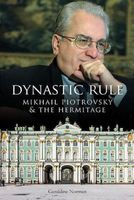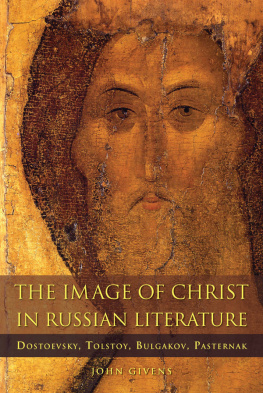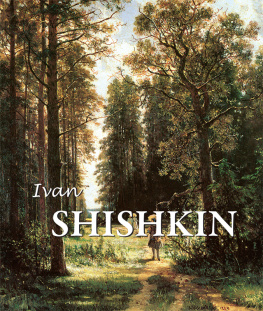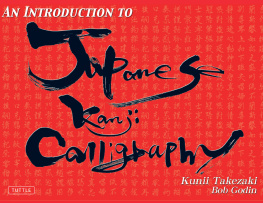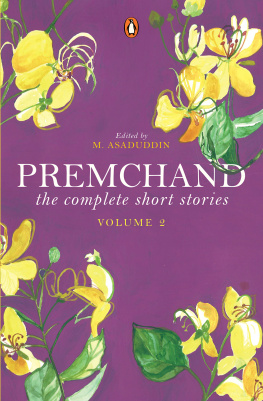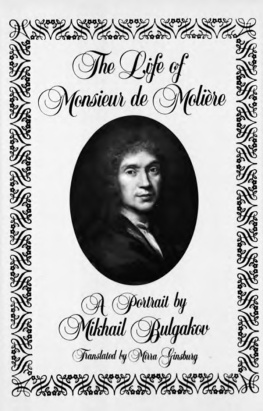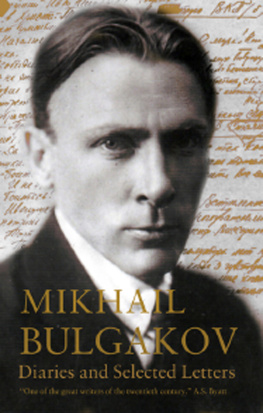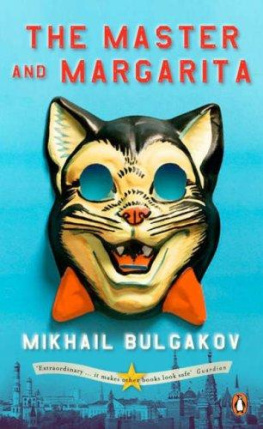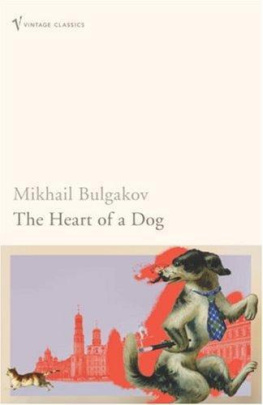Calligraphy Lesson is the first English-language collection of short stories by Mikhail Shishkin, the most acclaimed contemporary author in Russia. Spanning his entire writing career, from his first published story, Calligraphy Lesson, which heralded an entirely new voice in post-Soviet Russian literature and won him Russias prestigious Debut Prize in 1993, to creative essays reflecting on the transcendent importance of language, to the newest story, Nabokovs Inkblot, written in 2013 for dramatic adaptation by a theater in Zurich. A master prose writer and unique stylist, Shishkin is heir to the greatest Russian writers, such as Tolstoy, Bunin, and Pasternak, and is the living embodiment of the combination of style and content that has made Russian literature so unique and universally popular for over two centuries. Shishkins breathtakingly beautiful writing style comes across perfectly in these stories, where he experiments with the forms and ideas that are worked into his grand novels while exploring entirely new literary territory in the space between fiction and creative nonfiction as he reflects on the most important and universal themes in life: love, happiness, art, death, resurrection
More praise for Mikhail Shishkin:
Often sings with powerfully estranged, original observations minutiae and grand philosophy collide on every page.BORIS FISHMAN, The New York Times Book Review
Shishkin is interested in what is most precious and singular in classic Russian fiction: the passionate inquiry into what, in Maidenhair, is called the soul, quintessence, pollen.SAM SACKS, The Wall Street Journal
Mikhail Shishkin is the Ian McEwan of Russia. A prize-winning writer who enjoys stunning commercial and critical successHis latest novel [The Light and the Dark]is striking proof that great Russian literature didnt die with Dostoevsky.Monocle Magazine
[Shishkin] manages to engage Russias literary heritage while at the same time creating something new and altogether original.World Literature Today
Shishkin has been described as the heir apparent of the great Russian novelists, and indeed, there are times when he seems to have taken the best from each of them. The Quarterly Conversation
As an extraordinary prose stylist, Shishkin has license to be unconventional Maidenhair is likely a work of genius.World Literature Today



Deep Vellum Publishing
2919 Commerce St. #159, Dallas, Texas 75226
Copyright 2015 by Mikhail Shishkin
Published by arrangement with the author and the BGS Agency.
English translation copyrights:
Calligraphy Lesson 2007 by Marian Schwartz
The Half-Belt Overcoat 2012 by Leo Shtutin
Of Saucepans and Star-Showers 2013 by Leo Shtutin
Nabokovs Inkblot 2014 by Mariya Bashkatova
In a Boat Scratched on a Wall, The Blind Musician, and Language Saved 2015 by Marian Schwartz
The Bell Tower of San Marco 2015 by Sylvia Maizell
Some stories were published previously:
The Half-Belt Overcoat in Read Russia: An Anthology of New Voices (May 2012)
Calligraphy Lesson in Words Without Borders (July 2007)
Nabokovs Inkblot in New England Review (Volume 34, Nos. 34, 2014)
Of Saucepans and Star-Showers in Spolia (March 2013)
In a Boat Scratched on a Wall originally appeared in slightly different form as Mikhail Shishkin: A revolution for Russias words in the Independent (March 22, 2013)
First edition, 2015. All rights reserved.
ISBN: 978-1-941920-02-2 (ebook)
LIBRARY OF CONGRESS CONTROL NUMBER: 2015935163


The publication of this book was made possible with the support of the Mikhail Prokhorov Foundations Transcript program to support the translation of Russian literature.
Cover design & typesetting by Anna Zylicz annazylicz.com
Text set in Bembo, a typeface modeled on typefaces cut by Francesco Griffo for Aldo Manuzios printing of De Aetna in 1495 in Venice.
Deep Vellum titles are published under the fiscal sponsorship of The Writers Garret, a nationally recognized nonprofit literary arts organization.
Distributed by Consortium Book Sales & Distribution.
Contents
Translated by Leo Shtutin
Translated by Marian Schwartz
Translated by Marian Schwartz
Translated by Marian Schwartz
Translated by Mariya Bashkatova
Translated by Leo Shtutin
Translated by Sylvia Maizell
Translated by Marian Schwartz
Theres a famous police photograph of Robert Walser, taken at the place of his death: winter, a white incline, tracks in deep snow, a man fallen supine, arms outstretched. His old mans hat flung to the side. Thats how he was found by children on their Christmas walk.
He described his own death in a story published half a century before his final Christmas. The protagonist of this brief little tale is a lost soul, inconspicuous, needed by no oneand yet, to make things worse, also a genius and master of the world. He wearies of being unneeded and escapes from his troubles like this: he buries the world in a snowstorm and lays himself down in a drift.
Foreknowledge of ones own death is not, however, the privilege of the writer. Its just that its easy to catch him red-handedin the literal sense: the hand records whatever is revealed to him at a particular juncture. Such breakthroughs happen in every persons life. Holes in matter. Points of transmission. In such moments the composer comes by his melody, the poet his lines, the lover his love, the prophet his God.
In that instant you encounter what everyday existence holds asunder: the visible and the invisible, the worldly and the sacred.
You begin to breathe in time with a space in which all things occur simultaneouslythose that have been and those yet to be.
Reality has been playing hide-and-seek with you, hiding behind the past and the future like a child whos squeezed himself in under the fur coats hanging in the hallway, and now jumps out at you, sweaty, happy, bursting with laughter: here I am! Howd you manage thatwent right past and didnt see me! Now youre it!
To see your own death in such a moment is nothing, for there arises in all its glorious patency the knowledge that I was never born, but have always been. Suddenly comes the realization that theres no need to cling on to life, because I am life. And it is not I who can sense the smell of mulch exuding from the forests mouth, it is the universe sniffing its own scent with my nostrils.
If you can measure your life by anything at all, its probably by the number of such encounters allotted to you.
I remember very well how I experienced that for the first time. My twelfth year. The smell of peat bogs burning around Moscow. The hazy country mornings of seventy-two. A charred aftertaste to everything, even the hot strawberries from the garden-bed. Mum went on holiday to a rest home on the upper Volga, and took me with her. One of my first trips away.
Next page

